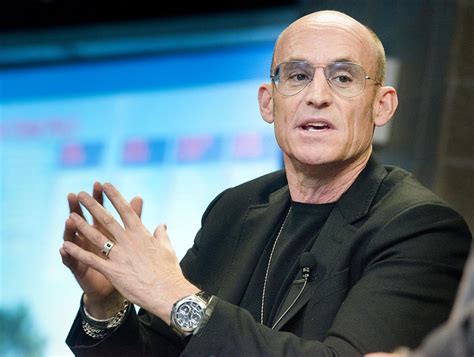A Quote by Jean-Philippe Courtois
Phones and tablet PCs are primarily consumption devices and not typically used for creation of content. It's here that we need PCs.
Related Quotes
I'm excited about mobile; clearly that's important. Mobile devices are kind of at the opposite end of PCs, in that PCs are pretty open and you can do a fair amount with them, but many mobile devices aren't. We're excited at the idea that we can make the same kind of contribution in the mobile space. So that's one thing coming down the pike.





























